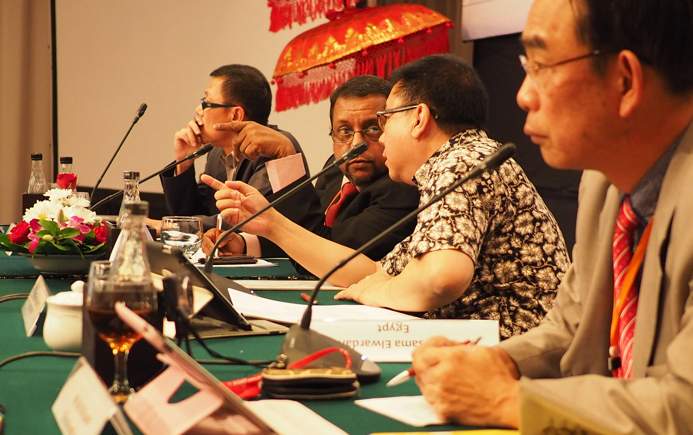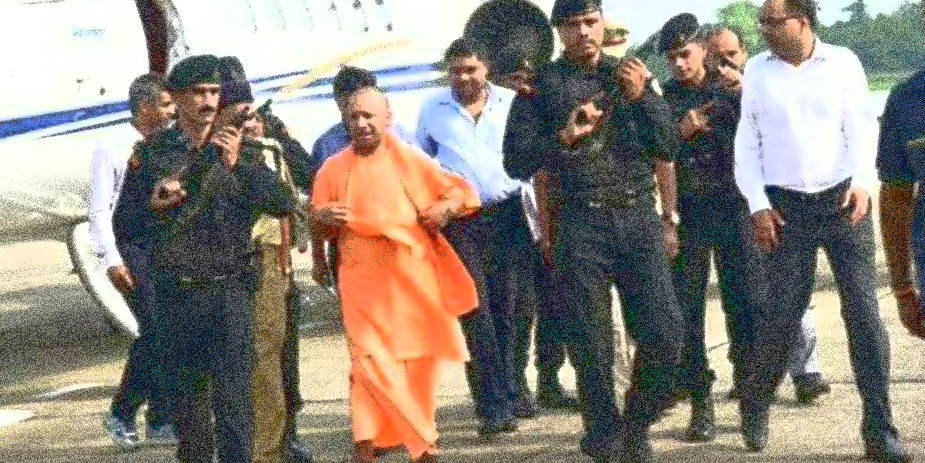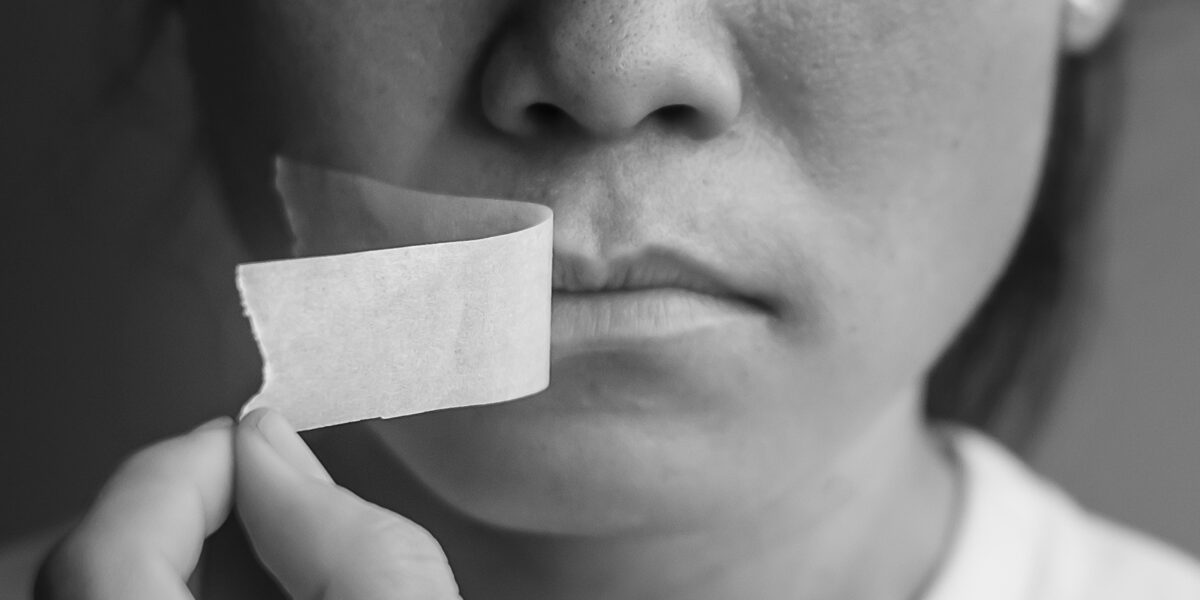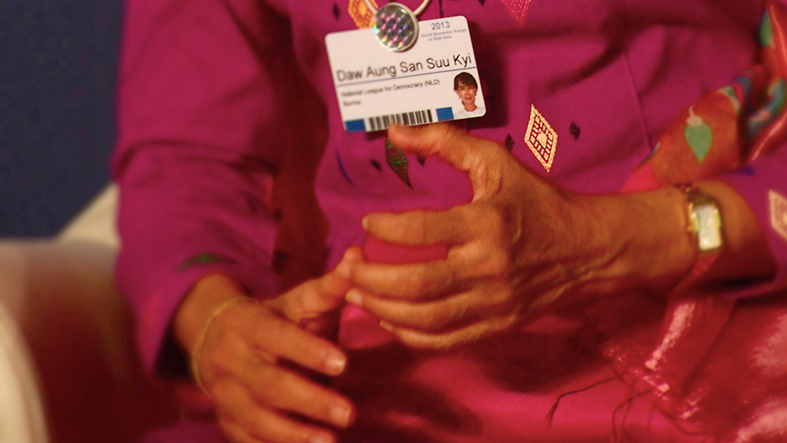Press history shows that social responsibility develops in an environment of freedom. This article is based on remarks presented at the Bali Media Forum 2014.
The internet is such a big part of our lives that we tend to forget how quickly all this has happened. Less that 20 years ago, we were just beginning to discover that if you type an address starting with “www” on something called a “browser”, you could reach a so-called “web site”; though we weren’t sure why we would want to. Today, many of us can’t do without it. According to a Tata Communications survey, almost 80% of Singaporeans say they feel anxious or angry if there is no internet connection.
With the internet now all-pervasive, it is not surprising that questions of quality, ethics and responsibility have come to fore. How soon should we expect answers? Consider the history of newspapers. After the American founding fathers enshrined press freedom in their Constitution, it took more than 120 years before the press seriously pondered their social responsibility and developed professional codes of ethics.
The press in Asia has been even slower. Many of the newspapers that look down on the standards of online media have themselves not adopted the ethical best practices of their own global industry, such as having publicly accessible codes of ethics, appointing ombudsman or supporting independent press councils.

I’m not suggesting that we should give ourselves another century to develop processes for improving the quality of online discourse. We are right to be impatient. Partly because of the harm that irresponsible speech can do. But also because of the lost potential when online media fail to realise their promise as a digital public sphere for democratic deliberation.
Trolling and mudslinging may not be as dangerous as some claim – after all, people can just choose to turn away. However, the indirect cost is high. Where incivility takes over, reason retreats and moderate voices stay silent, our democratic right to receive information and ideas worth listening to is compromised.
But the history of the press tells us that that voluntary mechanisms need time to develop. A few years of is probably too short a period to expect users to adapt to a new medium, and for shared norms and conventions to emerge.
There is anything natural or preordained about the development of pro-social norms in any medium. Those who care about quality should give the process a nudge. Media practitioners themselves, along with civic groups, NGOs and universities, should play leading roles in articulating and implementing standards.
What about the state? Governments are correct to recognise that quality of online media is a matter of public interest. But what many of them don’t understand, especially in Asia, is that they can serve that interest best by not interfering.
This is another clear lesson from the history of the press. It is true that the impetus for media self-regulation in democracies was often provided by the looming spectre of government regulation. Journalists decided that they had better get their own house in order before the state did it for them. But, it is also clear that self-regulation has made the most significant progress in societies where government threats did not actually materialise, thanks to deeply entrenched democratic cultures and legal guarantees of media freedom.
Paradoxically, media professionalisation and voluntary accountability mechanisms are most advanced where media possess the legal freedom to be irresponsible, and not in those societies where government tries to enforce responsibility. (Thus, proposals for a Southeast Asian press council have been spearheaded by Indonesian and Thai journalists, not Malaysian or Singaporean.)
This is probably because media can only be free to explore their social responsibilities if they are free from government control. If governments insist on doing all the thinking about the public interest, the media will not. The same is true of bloggers and social media. When bloggers are busy fighting for their freedom, you are not going to get them to focus on improving their ethical practice. Conversely, the main strides in promoting online ethics, such as the Online News Association’s DIY ethics code, are being taken in free societies.
Social responsibility seems to arise most authentically and robustly in societies where the media are given the time and space to develop deep and direct relationships with the public.
Some may feel it is naive to think that everyone will become a more responsible communicator if given more freedom. I’m certainly not suggesting those who persistently abuse freedoms to purvey vile and hateful speech will be cured by a dose of democracy. Such people are fundamentally anti-democratic, lacking the respect for difference without which democracy cannot exist.
But, it is not as if restrictions on media freedom are able to civilise them either. I’ve not seen any evidence that the level of trolling or rumour mongering or hate speech in China or Myanmar or Malaysia or any unfree media regime is any lower than in more liberal environments like Indonesia, the Philippines or Australia.
So, government control doesn’t seem to discourage bad speech; it just makes it harder for good speech to flourish, by retarding the ground-up development of ethical standards at the quality end of the market. Governments that claim to be in favour of better quality online discussions should ponder this fact.
– The Bali Media Forum was held on 8 October 2014, organised by Thomson Foundation, the Indonesian Press Council and the Indonesian Institute for Peace and Democracy. This article was originally posted at https://www.mediaasia.info/online-ethics-why-regulators-should-keep-out/



